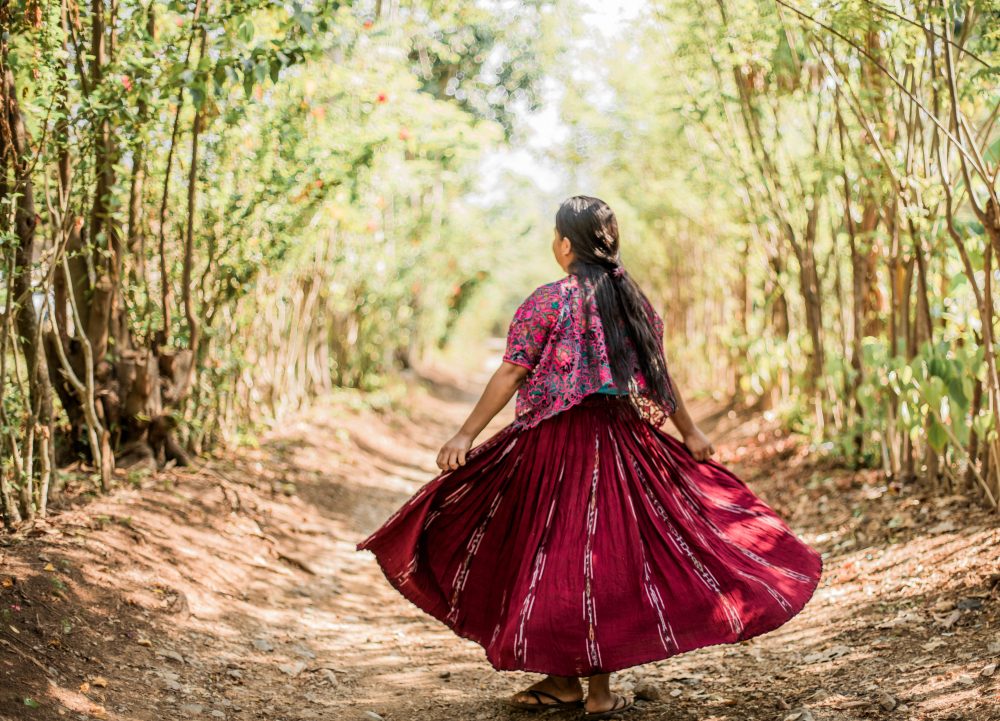What is child marriage and why does it happen?
Child marriage refers to all marriages or unions in which one or both spouses are under the age of 18 and or were not able to give their free and informed co…
For International Day of the Girl 2025, we’re standing with girls to dismantle the harmful norms that force them into child marriages and deny them their childhood.
International Day of the Girl happens annually on 11 October.
The theme for International Day of the Girl in 2025 is ‘The girl I am, the change I lead.’
11 October has been a key global moment to celebrate the power of girls and highlight the barriers they face since the United Nations adopted it as International Day of the Girl in December 2011.
While there has long been an International Women’s Day and an International Day of the Child, neither of these days recognise the unique position of girls who are discriminated against simply for being young and female.
The aim of International Day of the Girl is to empower girls and amplify their voices to share the issues they experience across the world and the support they want from the international community.

This year’s State of the World’s Girls Report “Let me be a child, not a wife” centres on the voices of 251 girls and young women across 15 countries who were married as children. Their stories reveal the realities behind child marriage and the urgent need for change.
We led the global effort to build a coalition of support behind the International Day of the Girl, securing support from the Canadian government which took our call all the way to the United Nations.
We worked with girls who believed that an international day could be a launch pad for global action on girls’ rights. Through their stories, ideas and views it was clear that an international day for girls would bring global focus to their lack of representation in the global development agenda and the continued need to push for gender equality.
Join in with the #EndChildMarriage campaign to stand with girls, amplify their voices and help build a world where equality for girls leads to progress for all.